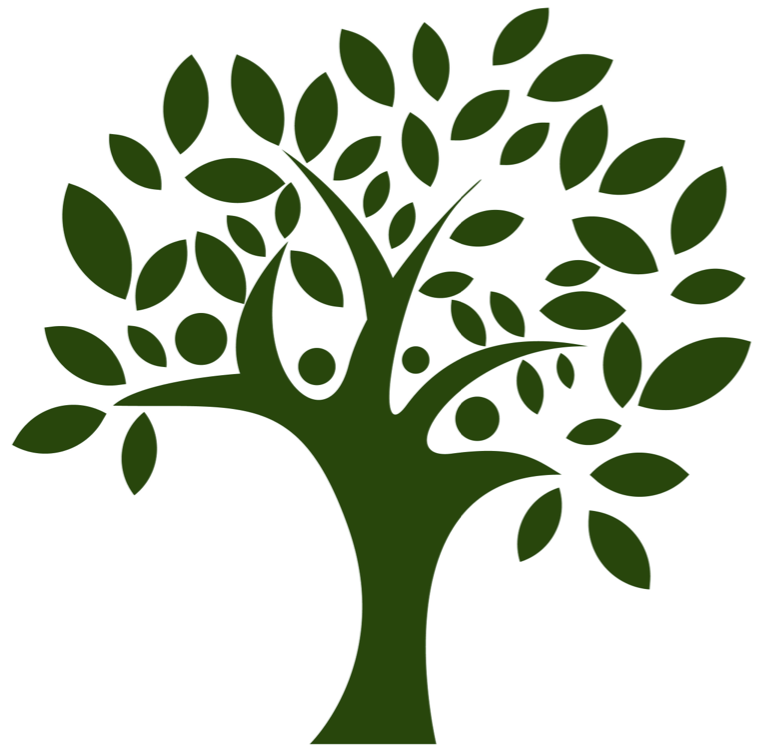Therapist & Guide:
Snowy Lajoie, LCSW-R and KMOG
I have been a practicing therapist since 2008 and a mindful outdoor guide since 2020. I graduated with my Master of Social Work (MSW) degree from Wheelock College at Boston University in 2010 and practiced clinical social work and outpatient therapy in Massachusetts for the next four years.
In 2014, I moved back to the Finger Lakes and have been practicing and guiding in Tompkins County ever since.
I am licensed to practice in New York State as an LCSW-R. I am also a level III trained AEDP therapist and a level I certified Kripalu Mindful Outdoor Guide (KMOG). In addition, I am registered as a climate-aware therapist with the Climate Psychology Alliance of North America.
I keep an active CPR/First-Aid certification, along with a Wilderness First Aid certification.
I have worked with humans of all ages in acute/inpatient settings to outpatient settings to wilderness settings. I specialize in working with folks who have experienced trauma.
An Unlikely Hiker…
What does it mean to be an unlikely hiker? For me, it means celebrating diversity in all forms and encouraging folks with different abilities, different shapes and sizes, different backgrounds, and who are underrepresented and marginalized to find a safe home in the wilderness. I am committed to making all of my wilderness therapy offerings and mindful outdoor experiences a SAFE SPACE for every one, every body.
Snowy’s favorite place to relax and spend restorative time is in her camping hammock with a book about nature and mental health.
Where did the name “Wolf Tree Wilderness Therapy” come from?
Since I was little, I was drawn to any and all “wolf trees”- These are trees that exist on their own in a field or a forest. This love and fascination of wolf trees was developed long before I knew about the actual lives of trees. That aloneness was something that I idealized, equating strength to being able to make it on my own. But, just like our tree friends, us humans aren’t meant to grow and thrive alone, away from our social connections. A tree needs other trees around so that the whole biome will flourish. And humans are the same. Thus, while honoring the difficulty it takes to be a wolf tree, I created Wolf Tree Wilderness Therapy™ with exactly the idea of connectedness in mind. How could I help others connect with themselves, with the more-than-human world, with their fellow human beings? Undoing aloneness is one of the most important elements for healing. And that is what Wolf Tree Wilderness Therapy™ seeks to do.





